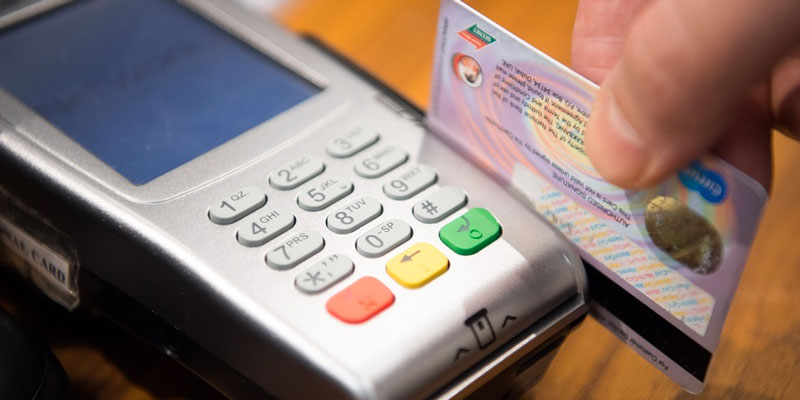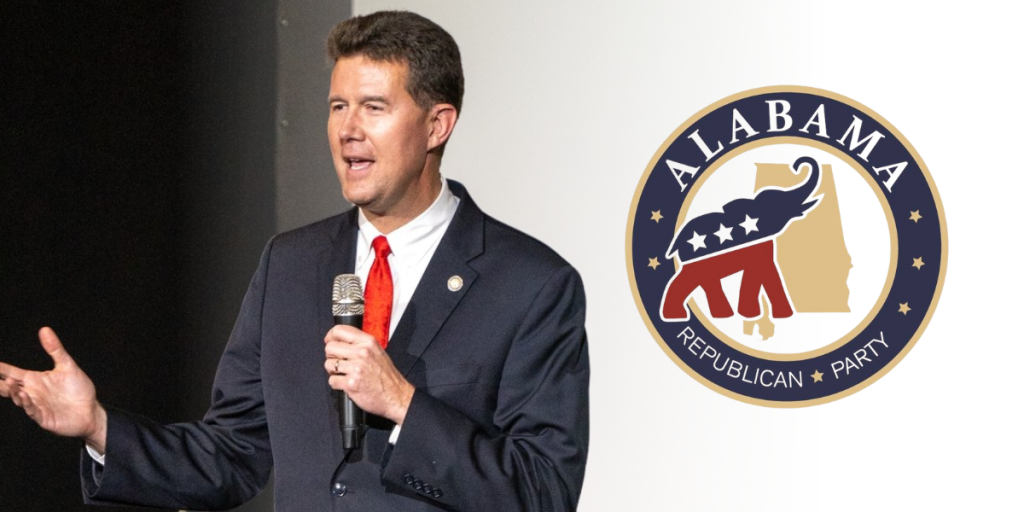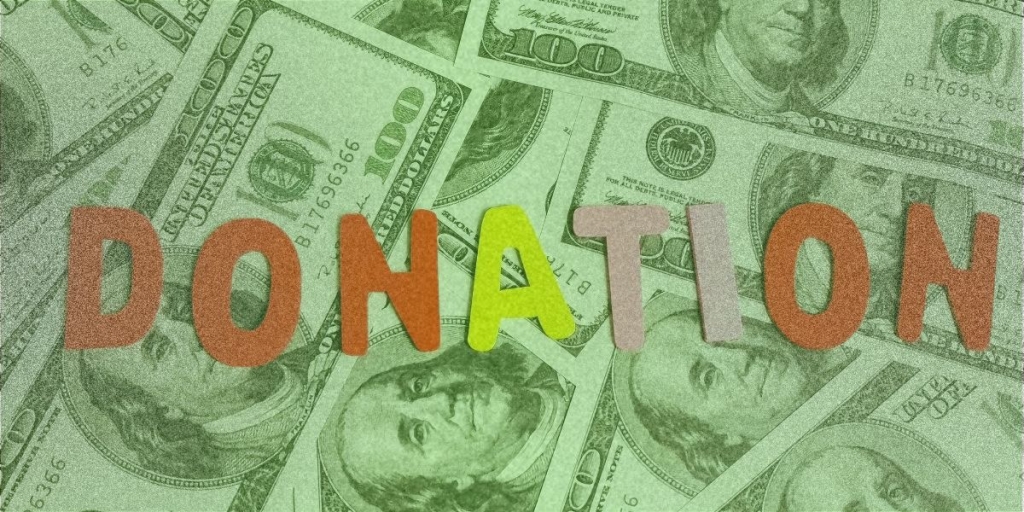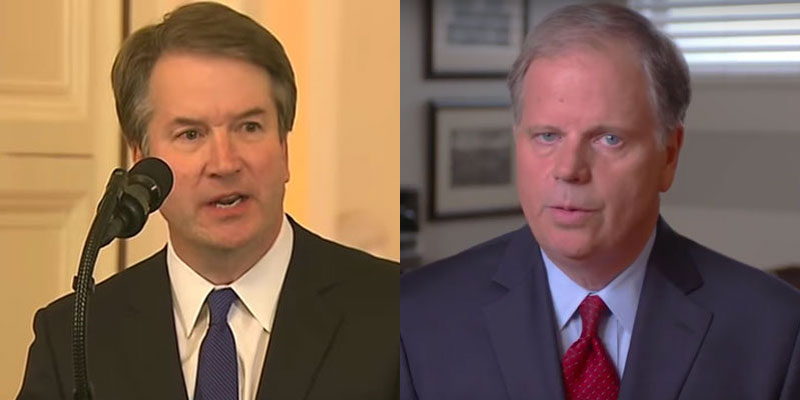Last weekend, parents across Alabama hustled to stores to buy back-to-school supplies, taking advantage of an annual sales tax “holiday” on such expenses.
It is too soon to calculate the full impact of this year’s holiday, but a Washington think tank argues it is a gimmick that amounts to poor public policy.
“At first glance, sales tax holidays seem like great policy,” the conservative-leaning Tax Foundation wrote in a report released this month.
The research outfit notes that tax holidays are politically popular but argue that politicians exaggerate the economic benefits.
“Despite their political popularity, sales tax holidays are based on poor tax policy and distract policymakers and taxpayers from real, permanent, and economically beneficial tax reform,” the report states. “Sales tax holidays introduce unjustifiable government distortions into the economy without providing any significant boost to the economy. They represent a real cost for businesses without providing substantial benefits.”
Alabama has held the back-to-school tax holiday since 2006 and also has offers a reprieve from sales levies on generators and other supplies to promote hurricane preparedness. The Heart of Dixie is far from alone. Sixteen other states this year will give temporary breaks on sales taxes for a variety of reasons. (Four other states have no sales tax at all).
Daniel Sutter, the interim director of Troy University’s Manuel H. Johnson Center for Political Economy, said it is easy to understand why shoppers like the idea.
“It does seem to be more gimmicky,” he said. “Retailers seem to like the idea of it.”
Politicians sometimes contend that sales tax holidays spur economic activity. As the thinking goes, people come to the store for tax-free purchases of books and computers and gobble up plenty of other items that do not get the tax break.
Color Sutter skeptical.
“There’s really no evidence of increased economic activity,” he said. “It’s probably just diverting shopping from other weekends.”
The Tax Foundation report cited a study by researchers at the University of West Florida examining the effect of Florida’s sale tax holiday in 2001. The authors found average savings on 10 types of clothing at 10 Pensacola stores — expected to average $125.58 — actually was only $100.06 during the holiday period because retailers raised their prices.
Not all of that increase likely was due to retailers manipulating prices during the holiday, however. The study found that prices also rose in Mobile.
But other research has found a similar price bump during tax holidays. An 2009 dissertation by a University of Michigan Ph.D. student found that retailers took advantage of a sales tax break to raise prices on inexpensive desktop computers.
The Tax Foundation study disputes the argument that tax holidays largely pay for themselves by generating new economic activity. The District of Columbia canceled its sales tax holiday on clothing and school supplies in 2009 after finding that it cost the government $640,000 in revenue. North Carolina repealed its tax holiday in 2013 — after finding it could save $16.3 million — and applied that savings to individual and corporate income tax cuts.
Repeals like those are one reason why tax holidays are a bit less common across the country than they used to be. The number of states with holidays peaked at 19 in 2010.
Sutter, of Troy University, said short-term tax breaks do not pay for themselves because many consumers simply do not have extra money.
“People are going to be deterred by what they have to spend,” he said.
Sutter noted that while Alabama’s overall tax burden is low, sales taxes are high. And they hit lower-income folks harder because they spend most of their income on consumer goods subject to the levy. It might make more sense for the Legislature to explore tax reform rather than temporary suspension of sales taxes, Sutter said.
“There is some value to that, just given the regressive nature of the sale tax,” he said.
@BrendanKKirby is a senior political reporter at LifeZette and author of “Wicked Mobile.”













